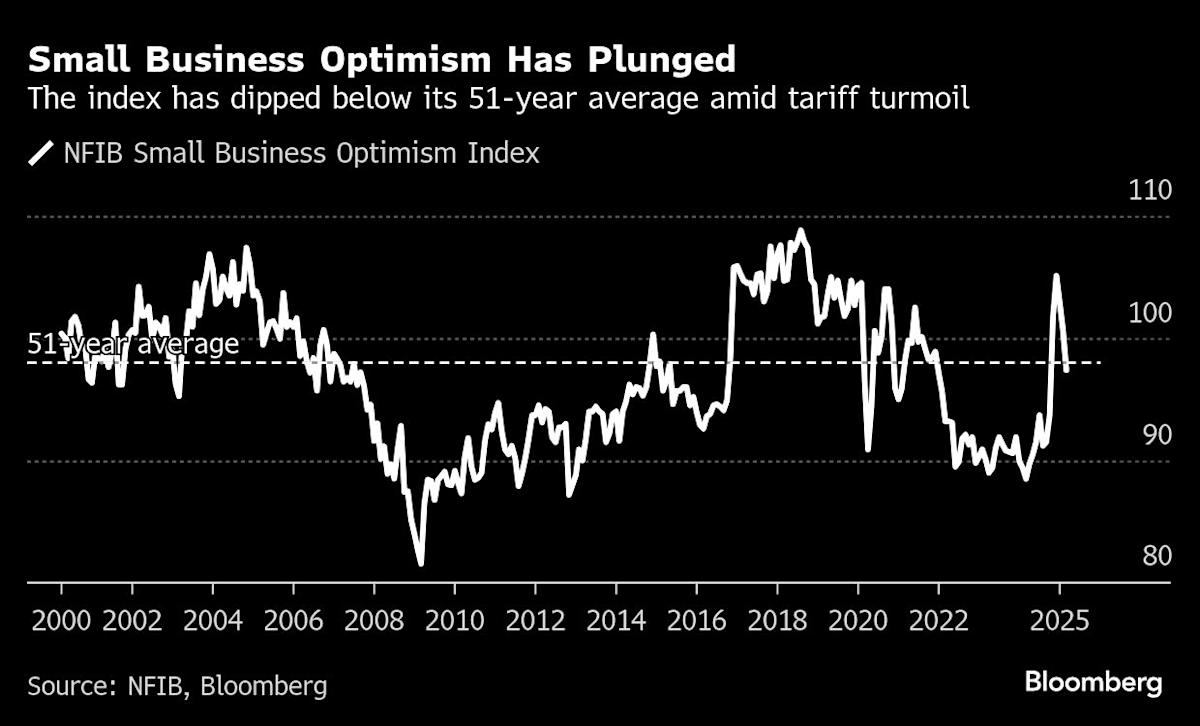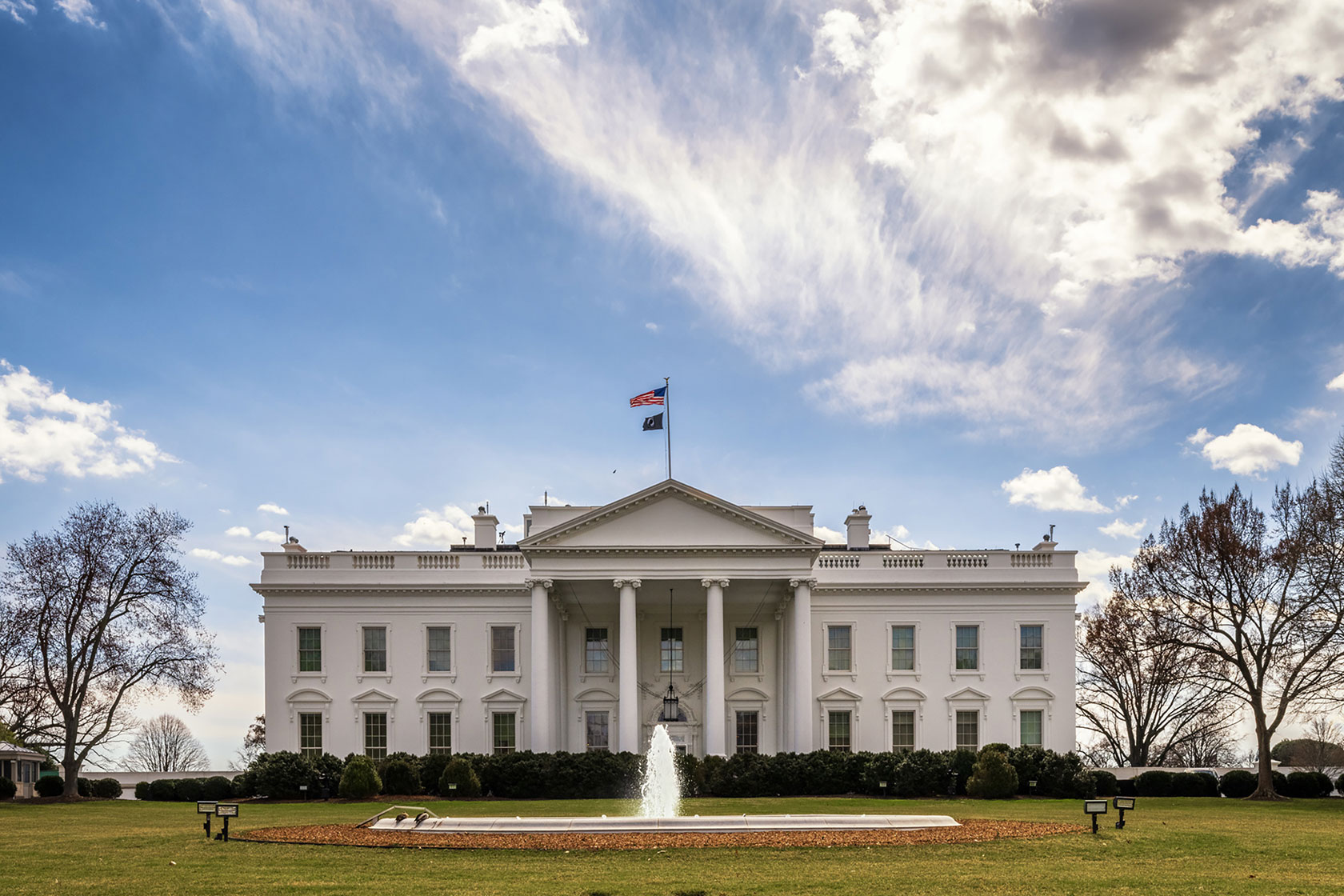Tesla's Lifeline in Jeopardy: Trump's Potential Climate Credit Crackdown Could Shake Electric Vehicle Market
Companies
2025-04-28 09:00:00Content

Tesla's Financial Tightrope: Climate Credits in the Crosshairs
As the electric vehicle landscape continues to evolve, Tesla faces a potentially significant financial challenge with the uncertainty surrounding climate credits. The company has long relied on these credits as a crucial revenue stream, strategically selling excess environmental credits to other automakers who struggle to meet strict emissions standards.
Under the Trump administration's potential rollback of environmental regulations, Tesla could see a dramatic shift in its financial ecosystem. These credits, which have been a lifeline for the company's profitability, might suddenly become less valuable or entirely obsolete. In recent years, these credits have contributed hundreds of millions of dollars to Tesla's bottom line, effectively subsidizing their innovative electric vehicle production.
The potential loss of this revenue stream poses a complex challenge for Tesla. While the company has made significant strides in manufacturing and technology, the climate credit market has been a critical financial buffer. Elon Musk and his team would need to rapidly adapt their financial strategy, potentially increasing vehicle prices or finding alternative revenue sources to compensate for the potential credit market collapse.
This scenario underscores the delicate balance between environmental policy, automotive innovation, and corporate financial sustainability. Tesla's future may hinge on its ability to navigate these uncertain regulatory waters, demonstrating once again the company's renowned adaptability in the face of challenging market conditions.
Tesla's Financial Crossroads: Navigating Climate Credit Challenges in a Shifting Political Landscape
The electric vehicle industry stands at a critical juncture, with Tesla facing unprecedented challenges that could fundamentally reshape its economic sustainability. As political winds shift and regulatory environments transform, the company's innovative business model faces potential disruption that extends far beyond traditional automotive market dynamics.Unraveling the High-Stakes Game of Green Energy Economics
The Climate Credit Ecosystem and Tesla's Strategic Dependency
Tesla's financial architecture has been intricately designed around climate credits, a complex mechanism that has provided substantial revenue streams beyond traditional vehicle sales. These credits represent more than mere financial transactions; they embody a sophisticated environmental market where regulatory compliance meets economic opportunity. The potential gutting of these credits by political interventions could trigger a seismic shift in Tesla's revenue model, forcing the company to reimagine its strategic approach to sustainability and profitability. The nuanced relationship between regulatory frameworks and corporate sustainability has positioned Tesla as a unique player in the global automotive landscape. Climate credits have not just been a supplementary income source but a critical component of the company's broader economic strategy. By generating and selling these credits to other manufacturers struggling to meet emissions standards, Tesla has created a parallel revenue stream that has significantly bolstered its financial resilience.Political Dynamics and Regulatory Uncertainty
The potential dismantling of climate credit systems represents more than a financial challenge; it signals a profound ideological battle between environmental sustainability and traditional economic paradigms. Political administrations have historically wielded significant influence over green energy incentives, with each transition potentially introducing radical transformations in regulatory landscapes. The Trump administration's approach to environmental regulations demonstrated a clear inclination towards reducing green energy incentives, creating an atmosphere of uncertainty for companies like Tesla. This political volatility introduces complex strategic challenges, requiring Tesla to develop adaptive mechanisms that can withstand potential regulatory retrenchment.Economic Implications and Strategic Adaptations
Should climate credits be substantially reduced or eliminated, Tesla would be compelled to explore alternative revenue generation strategies. This might involve accelerating technological innovations, diversifying product lines, or developing more cost-effective manufacturing processes. The company's legendary adaptability, personified by Elon Musk's innovative leadership, could prove instrumental in navigating these challenging terrains. The potential loss of climate credit revenues could force Tesla to recalibrate its entire economic model. This might involve more aggressive pricing strategies, increased focus on battery technology, or expanded investments in autonomous driving capabilities. Each potential adaptation represents a complex calculus of risk, innovation, and strategic positioning.Global Market Perspectives and Competitive Landscape
Beyond domestic considerations, Tesla's response to potential climate credit reductions would have global ramifications. International markets, particularly in Europe and China, have demonstrated robust commitments to green energy transitions. These markets could provide alternative pathways for Tesla to maintain its economic momentum, potentially offsetting potential domestic regulatory challenges. The global automotive industry is witnessing a transformative period where technological innovation, environmental consciousness, and economic strategies converge. Tesla's ability to navigate these intersecting domains will likely determine not just its own trajectory, but potentially influence broader industry trends in sustainable transportation.RELATED NEWS
Companies

Diversity Reporting Transformed: Corporate America's New Transparency Playbook
2025-03-17 20:16:00
Companies

Philly's Startup Powerhouses: 20 Trailblazing Companies Poised to Dominate in 2025
2025-03-04 12:00:00






